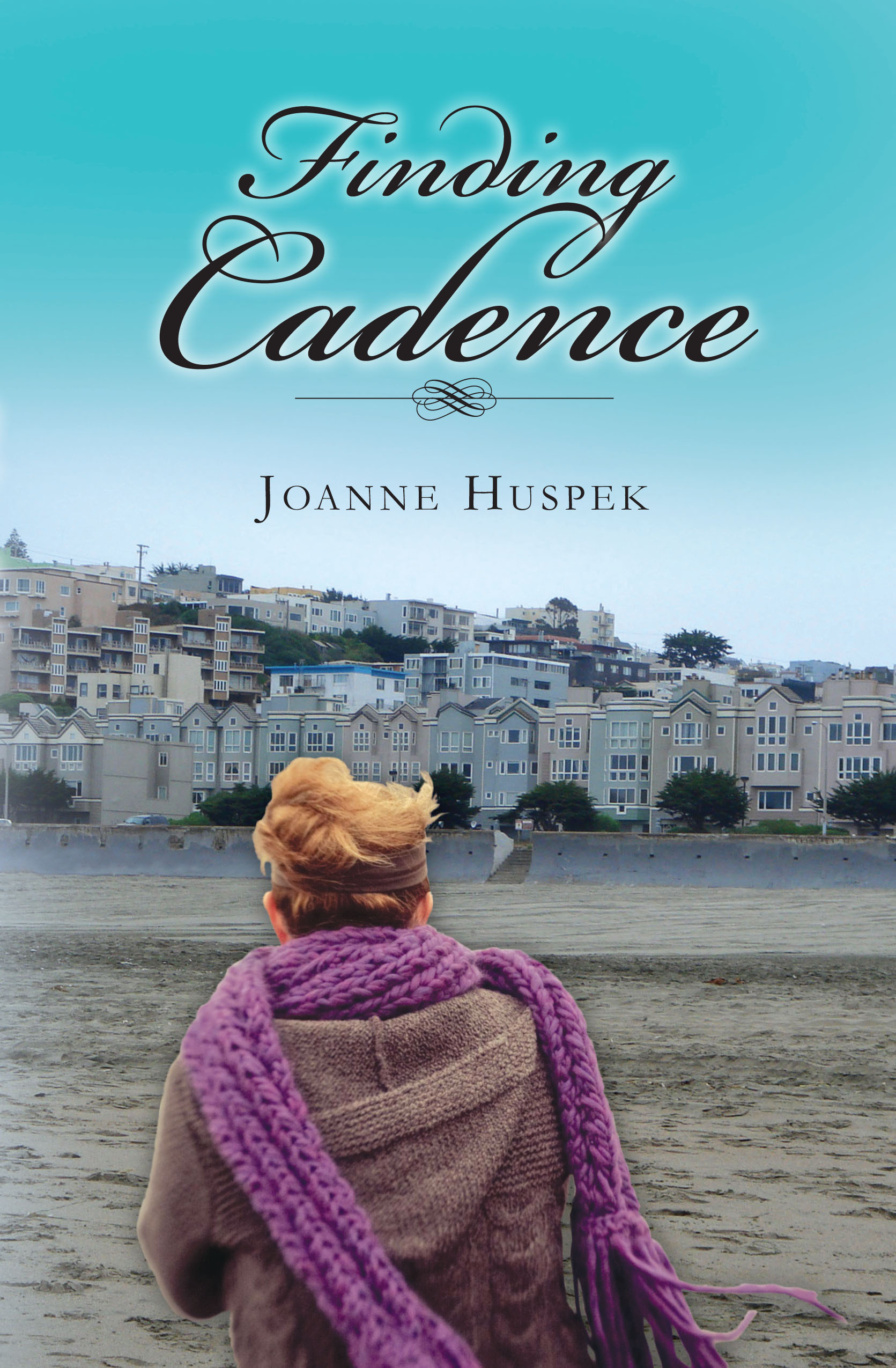Having just spent the better portion of a year editing my Epic Tome (and just completing a perfunctory proofreading a few days ago), I have to pat myself on the back. It’s been a long, strange, hard, ass-kicking journey since my first thousand words scribbled on a series of Northwest Airlines napkins (and the back of my itinerary, and my boarding pass, and along the margins of a magazine I was reading). That idea ballooned into a monster that I ended up giving a literary colonic bypass to. Thanks to classes, reference books, writing friends, my Editor for Life, etc., I learned the ropes to better writing – the hard way.
The most basic rule concerns descriptors: adverbs and adjectives. Especially with the dreaded adverbs, if you use them, don’t, or at least, use sparingly.
I didn’t believe this rule at first. I LOVE words. I LOVE descriptors. I love flowers, and I (thought) loved flowery prose. I love obscure words, I love reading them and discovering them. I like to throw in a couple of unusual words here and there. A seldom used word causes me to think, and I would imagine the reader has to reach inside and think too. (That’s my thought anyway.)
The -ly words add punch to ordinary speech. My father is a big user of them – literally, evidently, actually; to me, it makes him sound like a backwoods philosopher, even though it’s been more than a half century since he’s lived in the backwoods and he’s not much for philosophy. But writing is not speech, as I was to learn later. The human brain doesn’t need to see these words, and super descriptors end up being super distractions. So for my own work, I searched and replaced, and used SmartEdit to remove the redundancies, to eliminate the adverbs, and to tone down the adjectives.
Really, just, completely, seriously, you don’t need them.
After all these years, I think I’ve gotten smarter about writing.
Unfortunately for me, now that I have a working grasp of the rules, the descriptor overdose in other writers’ work is glaringly apparent. I not only read for entertainment, now I’m an accidental English teacher armed with a red Sharpie. Believe me, I’m no teacher, but adjectives and adverbs blink at me from the page. It’s disconcerting. Sometimes it’s so annoying, I cannot finish reading the book.
I’m currently reading a sweet little romance (an ARC sent to me by Simon and Schuster) that I’ve been asked to write a review for. I like the characters, but I found it hard getting over the uber-liberal use of descriptors, especially within the first two chapters. It so annoyed me, I had to put the book down. I’m about halfway through now, and the reading is easier. It’s as if the author came to her senses during Chapter Three and toned down the adverbs to a sensible level.
As a person who once suffered from LUAA (Liberal Use of Adverbs and Adjectives), I know why she and others write like that. We think it’s witty. We think we are wordsmiths, turning a phrase with literary gymnastics. We think it will make our characters appear snarky/sassy/sad/insert-descriptor-here. We think it will draw attention to our work.
Well, writers, I can tell you, it DOES. But it’s not the kind of attention you want, really.
It’s like dressing up a beautiful girl in sequins and hooker heels. We’re stunned by the get-up, not by the person under it.
What writers need for a successful book is a compelling story, honest characters, and eventual redemption. Feather boas and chrome plating gets in the way of the story.
Yes, descriptors were used in the writing of this piece. Please feel free to ignore.
🙂







